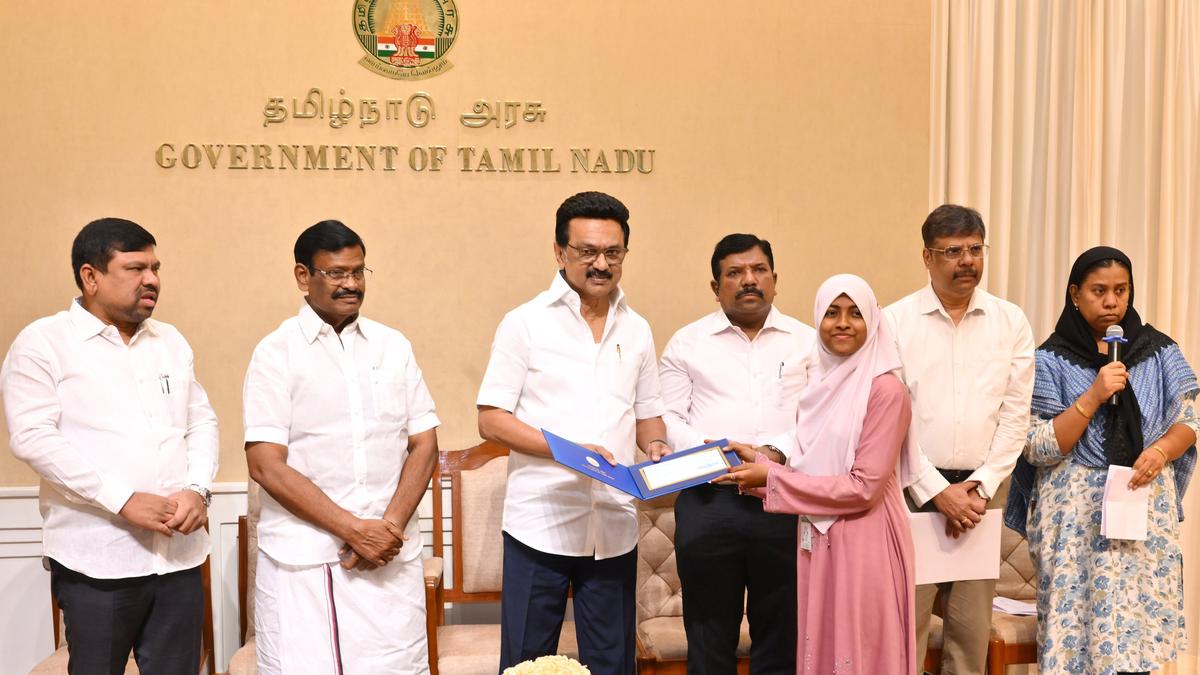Now Reading: Pennsylvania Settlement Sets Precedent for Tackling Plastic Pellet Pollution
-
01
Pennsylvania Settlement Sets Precedent for Tackling Plastic Pellet Pollution
Pennsylvania Settlement Sets Precedent for Tackling Plastic Pellet Pollution

Rapid Summary
- Three Rivers Waterkeeper and PennEnvironment initiated a lawsuit against Styropek for plastic pellet pollution in Raccoon Creek, Pennsylvania.
- The legal dispute led to a $2.6 million settlement agreement requiring Styropek to remediate pollution, fund clean water projects, and install monitoring technology to detect nurdle (plastic pellets) discharges from their facility.
- Monitoring tools mandated in the settlement will impose financial penalties on Styropek upon detection of plastic particles in stormwater or wastewater outflow.
- Nurdles are small pre-production plastic pieces used in manufacturing products like disposable cups and packaging materials but often escape into environments through transportation or effluent discharge.
- Environmental impacts include ingestion by animals, accumulation up the food chain, potential health hazards for humans due to chemical leaching or pollutant absorption onto microplastics.
- Plastics also contribute significantly to climate change via greenhouse gas emissions during production and disposal stages; estimated at around 4% of global emissions.
Images included:
- workers inspecting pipes related to Aizaco’s detection system (Courtesy of Aizaco).
- An employee holding a detected nurdle (Courtesy of Aizaco).
Indian Opinion Analysis
The outcome of the lawsuit against Styropek represents a significant precedent for addressing industrial plastic pollution globally. While this case occurred outside India,it reinforces broader principles that resonate with environmental governance challenges facing Indian waterways impacted by microplastic contamination.
India’s extensive river systems suffer from similar issues with untreated waste discharges containing hazardous pollutants like microplastics and nurdles due to gaps in enforcement mechanisms under current water regulation frameworks such as CPCB norms (Central Pollution Control Board).The emphasis on continuous monitoring technology introduced by this settlement illustrates how industrial accountability can be effectively enforced using innovation-driven interventions tailored toward real-time oversight.
Additionally, given India’s substantial dependence on petrochemicals for its growing manufacturing sector-including plastics-the report highlights parallel imperatives around mitigating climate impacts tied directly to polymer industries. Lessons may extend not just toward regulatory tightening but supporting scalable investments across eco-kind processing alternatives aligned closely with both domestic lasting development goals and global conservation narratives.
This case underscores opportunities for proactive stakeholder engagement through public advocacy mechanisms offered when licensing permits become amendable-a strategy perhaps expandable within India’s policy ecosystems regarding polluters’ compliance benchmarks ahead of prospective litigation disruptiveness observed elsewhere worldwide.























